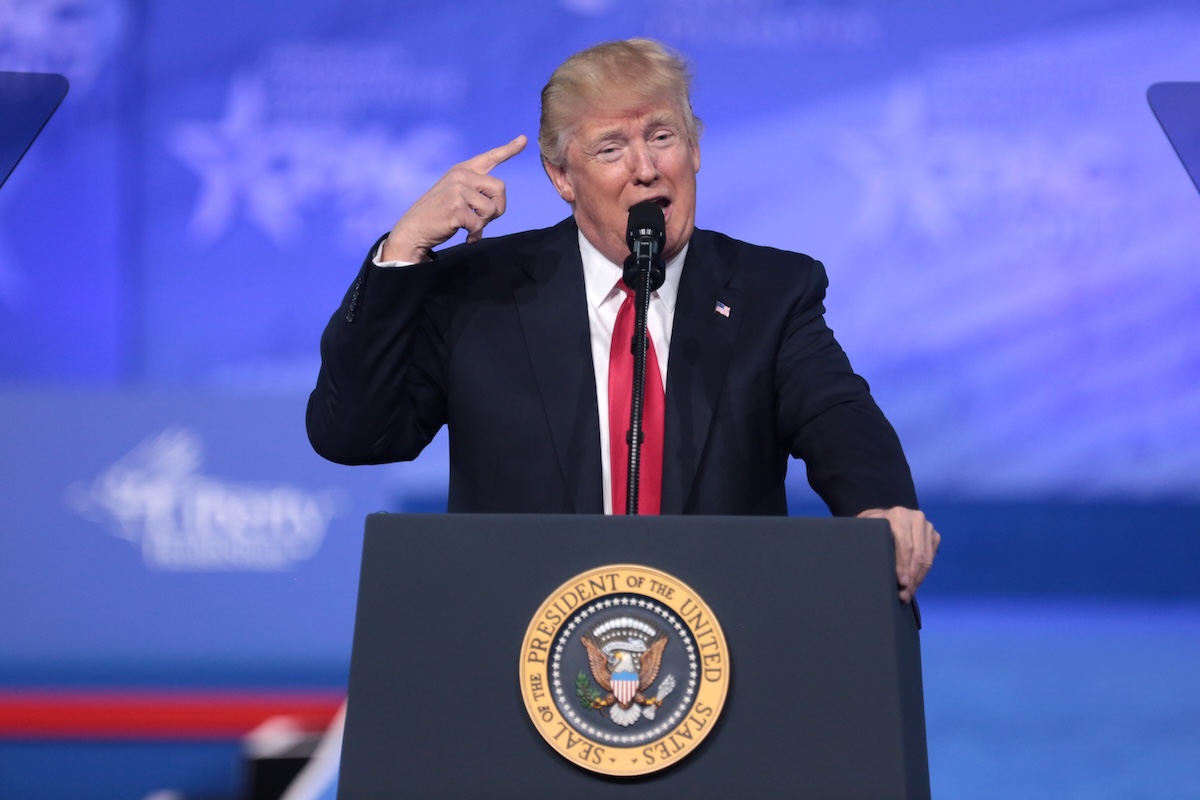
In a bold response to Israeli Prime Minister Benjamin Netanyahu’s criticism, Australia’s Minister for Home Affairs, Tony Burke, has defended Prime Minister Anthony Albanese’s decision to recognize a Palestinian state. Speaking on ABC Radio National’s RN Breakfast, Burke emphasized that true strength is not measured by military might but by standing firm on national values.
Burke’s comments come after Netanyahu sent a letter to Albanese, expressing concerns that Australia’s stance could exacerbate antisemitism. Burke, however, argued that Israel’s reaction was alienating the country on the global stage. “Strength is not measured by how many people you can blow up, or how many children you can leave hungry,” Burke stated. “Strength is much better measured by exactly what Prime Minister Anthony Albanese has done.”
Context of the Diplomatic Exchange
The diplomatic tension arises from Australia’s recent decision to recognize a Palestinian state, a move that has drawn ire from the Israeli government. Netanyahu’s letter, obtained by Sky News, accused Albanese of appeasing Hamas and potentially increasing antisemitic sentiments within Australia. The letter also praised former U.S. President Donald Trump for his efforts in protecting Jewish communities.
Netanyahu’s letter stated,
Your call for a Palestinian state pours fuel on this antisemitic fire. It is not diplomacy, it is appeasement.
Despite this, Burke maintained that Albanese’s approach was one of direct communication and transparency with Netanyahu, ensuring that objections were heard before public announcements were made.
Broader Implications and Reactions
The diplomatic spat highlights a broader issue of how countries balance international relations with domestic values and policies. Burke’s defense of Albanese’s decision underscores Australia’s commitment to its principles, even when they clash with those of a key ally.
Meanwhile, the opposition in Australia, led by Shadow Minister for Home Affairs Andrew Hastie, criticized the government’s handling of the situation. Hastie argued that the decision to recognize a Palestinian state and the recent visa rejections for far-right Israeli politicians have further strained relations with Israel.
Hastie stated,
I think the government’s failed to recognize what this cancellation would mean. This wasn’t just any old visa.
He emphasized that the current diplomatic stance could lead to long-term repercussions for Australia-Israel relations.
Expert Opinions and Historical Context
Experts in international relations suggest that Australia’s move is part of a broader trend of countries reassessing their foreign policies in light of evolving geopolitical dynamics. Dr. Sarah Johnson, a professor of international studies at the University of Sydney, noted that Australia’s decision aligns with a growing global recognition of Palestinian statehood, a shift that has been gaining momentum since the early 2000s.
Dr. Johnson explained,
Australia’s decision is not isolated. It’s part of a larger, albeit slow, movement towards acknowledging Palestinian sovereignty on the international stage.
She added that while such decisions can strain bilateral relations, they also reflect a country’s commitment to its values and international law.
Looking Ahead: Potential Consequences
The ongoing diplomatic tensions between Australia and Israel could have significant implications for both countries. For Australia, maintaining a balanced foreign policy that respects its values while managing international alliances will be crucial. The situation also highlights the complexities of international diplomacy, where decisions can have far-reaching consequences beyond immediate political gains.
As the situation unfolds, the Australian government may need to engage in further diplomatic efforts to mitigate any potential fallout and reinforce its stance on international issues. The broader international community will be watching closely to see how these developments influence global diplomatic relations, particularly in the Middle East.
In the meantime, Burke’s strong defense of Albanese’s decision underscores Australia’s resolve to uphold its principles, even in the face of international criticism. The coming weeks and months will likely reveal more about the long-term impact of this diplomatic exchange on Australia-Israel relations and the broader geopolitical landscape.







